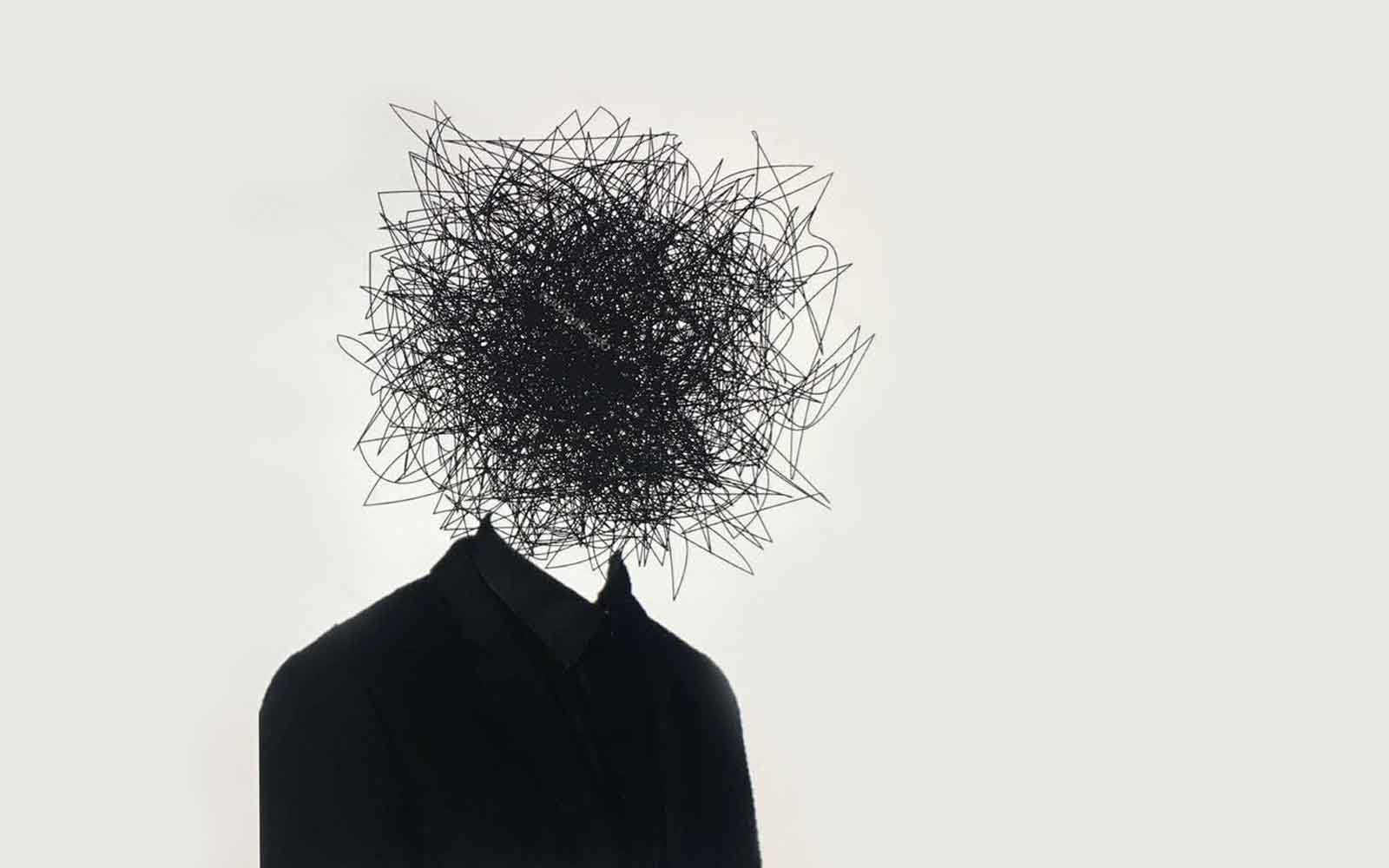You say you want peace. You say you’re ready for change. But every day, you feed the same toxic thoughts that poison your mind. You cling to the same mental patterns that have left you anxious, angry, exhausted, or bitter. You claim you’re tired of the struggle, but the truth is harder to face: you’re comfortable in your own chaos.
The Dysfunction Has Become Your Identity
For many, dysfunction doesn’t just happen — it becomes a part of who they are. The drama, the pain, the internal chaos — it all becomes familiar. Without it, life feels foreign. They begin to define themselves by the hardship they’ve endured. Their identity becomes tied to being the one who’s always struggling, always misunderstood, always dealing with something.
Change, then, feels like loss. Not of the pain, but of the person they believe they are. The idea of peace becomes unsettling, because without dysfunction, who are they? What story do they tell?
You’re Not a Victim of Your Thoughts
Here’s the hard truth: the suffering is self-inflicted. It may not feel that way — especially when life throws curveballs — but much of the ongoing misery comes from the way thoughts are processed and recycled. Toxic thinking isn’t just a side effect of trauma or difficulty. It’s a habit. And like any habit, it gets stronger the more it’s repeated.
People hurt themselves with their own thoughts, then step back and play the victim. They stay stuck in cycles of self-sabotage, and when nothing improves, they blame others, their past, or their circumstances. But the problem isn’t always external. Often, the root of the suffering lives within.
Stop Saying You Want Growth While Feeding Destruction
Change is possible, but it isn’t passive. It doesn’t come from venting endlessly or repeating affirmations without action. It requires real effort — especially the kind that forces someone to look in the mirror and take responsibility.
To commit to actual change is to stop saying one thing while doing another. It’s refusing to claim a desire for peace while entertaining the very thoughts that breed conflict. It’s no longer blaming everything and everyone for what’s ultimately being perpetuated internally.
Growth means letting go of old stories. It means challenging the belief that life is supposed to be hard — or that struggle defines worth. It means building new habits, thinking new thoughts, and yes, embracing a new identity that isn’t centered around being broken.
Either Commit to Change, or Stop Complaining — But Don’t Do Both
There’s no shame in struggling. But there is danger in staying stuck by choice. If someone truly wants change, they need to get honest about what they’re willing to release — and what they’re still clinging to.
Stop saying you want things to be different if you’re not willing to think differently. Stop claiming to seek peace while holding onto drama for identity’s sake. Either lean into the discomfort of healing and growth — or accept where you are and own it.
But don’t try to do both.
Because peace and chaos can’t coexist. And nothing changes until someone truly commits to actual change.

